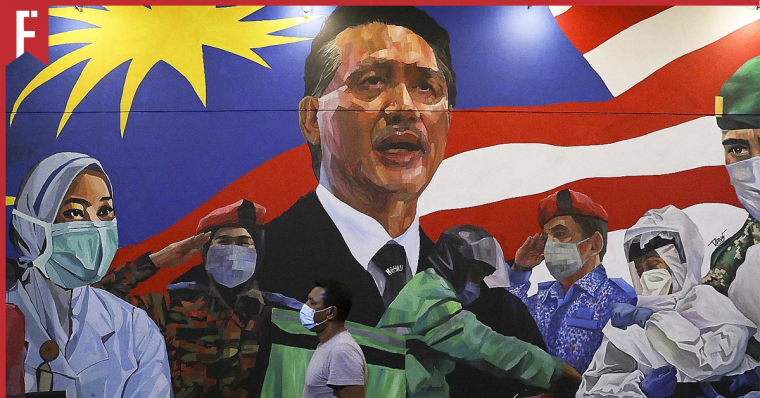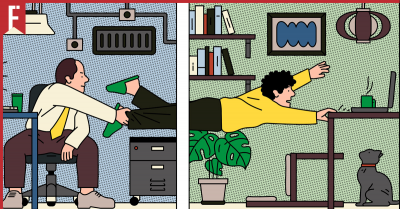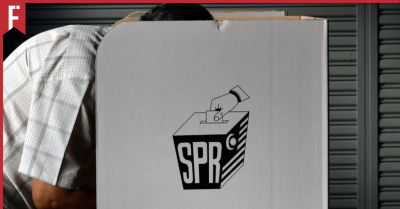
Like many Asian kids, my parents wanted me to be a doctor when I grew up. In my case, the expectations were a lot heavier because, well, my father was a doctor, just like my grandfather before him. When I was in school, I felt a lot of pressure to “follow in their footsteps”.
Fortunately, I was lucky enough to have an understanding family. My parents may have been a little disappointed with my decision at first, but they were willing to support me nevertheless.
We all joke about how some parents only want their children to grow up to be doctors, lawyers or engineers. As it turns out, some families really are like that. It’s pretty old fashioned, but the idea is still understandable. After all, being a doctor has always been considered a respectable job.
So then why are so many of our doctors threatening to quit?
When Doctors Demand Higher Pay
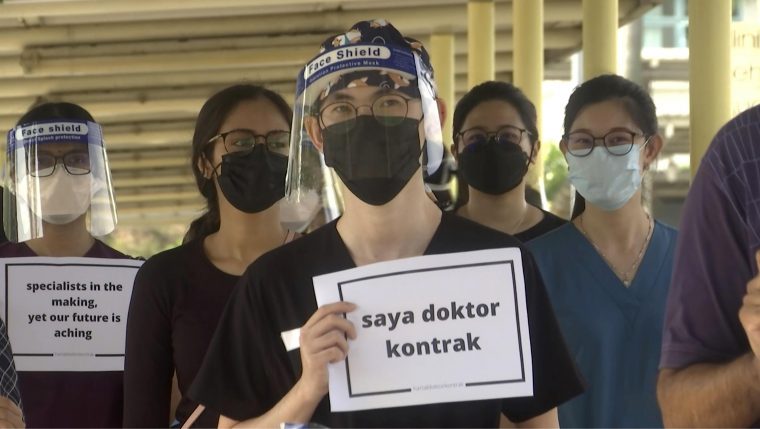
On 26 July 2021, hundreds of local doctors walked off the job to hold a hartal (strike).
The event went viral on social media under the hashtag #HartalDoktorKontrak, with pictures of black-clad doctors walking out of public hospitals with signs calling for better pay and work conditions. While the exact numbers are uncertain, the strike organisers estimate that around 6,000 to 8,000 contract doctors took part in this walk out.
Despite criticism from politicians and even the police, hartal spokesman Dr Mustapha Kamal Aziz believed that the walk out was necessary in order to show the government that they had to stop mistreating their doctors.
“We are burned out and exhausted,” he said, pointing out that over the past few months, junior doctors had been forced to work shifts as long as 36 hours and even fill in for colleagues who had been forced to go into isolation after contracting COVID-19.
After the event, the doctors turned around and went back to work. One of the strikers explained:
“Why did I go back to work? Because our priority is our patients, of course. We always put our patients first.”
Being a Doctor Isn’t As Easy As You Might Think
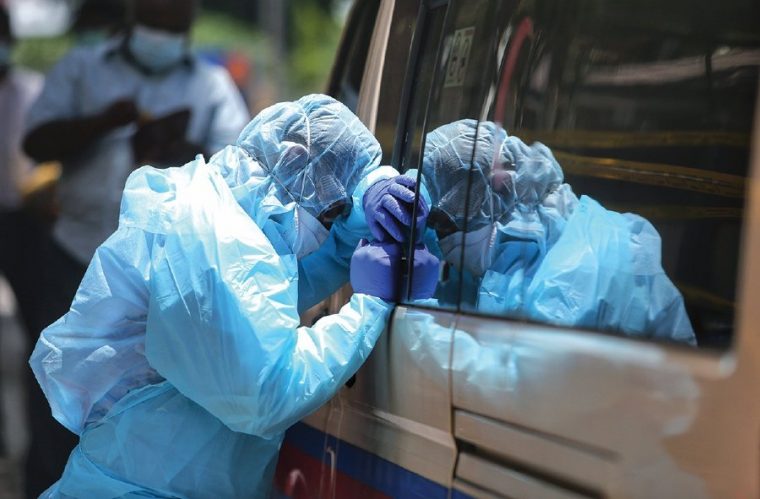
As you might expect, the walk out attracted a lot of attention — both good and bad.
While many Malaysians have expressed their support, others are questioning why essential workers such as doctors are demanding more pay during an emergency situation. After all, doctors earn a lot of money, right?
Unfortunately, despite what you might think, getting that fancy “Dr.” title isn’t enough to guarantee wealth and success. You see, Malaysia suffers from a rather… unusual problem when it comes to our medical professionals.
To put it simply: we have too many doctors!
It turns out that all those parents telling their kids to study medicine has led to a glut of medical graduates. In a recent report, Free Malaysia Today pointed out that Malaysia has been producing around 5,000 to 6,000 medical graduates a year — more than two-thirds of which come from private medical schools.
This is far more medical graduates than our system is prepared to handle, resulting in fierce competition for limited job openings. To handle this problem, the government came up with a, uh, unique solution.
Contract Doctors VS Full Time Doctors
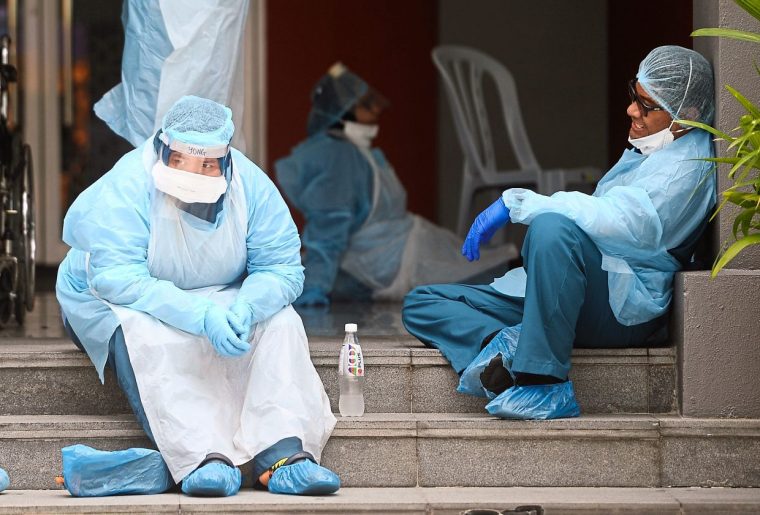
In 2016, the Ministry of Health (MOH) set up some new rules for medical graduates.
Instead of getting a permanent job straight out of university, now you had to sign up for a “temporary” contract. In theory, once you’d completed your contract, you would be properly hired as a full time doctor. Let me say that again, in theory.
Unfortunately, things have… not gone according to plan.
According to the Hartal Doktor Kontrak (HDK) group, around half of all doctors in Malaysia — over 20,000 people — are currently working as contract doctors. They receive lower pay, less benefits and have limited opportunities to pursue a specialisation compared to a full time doctor.
And I’m not joking about the lower pay.
According to the Malaysian Medical Association, a contract doctor earns an average of RM3,397 a month while a permanent doctor takes home around RM3,611.
This may only seem like a small difference, but bear in mind that in most cases, both contract and permanent doctor’s jobs are virtually identical. In addition to that, permanent doctors also get more benefits like extra paid vacation days, government housing loans, etc.
But that’s only temporary, right? After all, contract doctors are supposed to become full time doctors eventually.
Well, yes. But up till this year, only 789 out of 23,077 contract doctors have received permanent placements. If you don’t have a calculator, that’s just around 3.4%!
Imagine if someone told you that you only had a 3.4% chance of getting a promotion. Wouldn’t you be mad too?
Nice Protest You Got There. It’d Be A Shame If Something Happened to It…
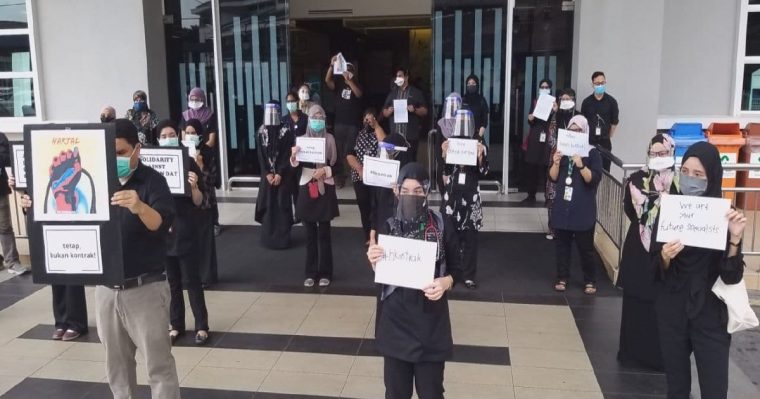
So how has our government responded to this sudden mass walk out? As you might expect, reactions have been rather mixed:
The Good:

On 23 July 2021, just a few days before the strike, the government offered a list of concessions that included a two-year contract extension. However, many of the protesting doctors said that it was too little, too late, especially since the concessions were announced through a press statement rather than an official ruling.
During the first day of parliamentary sitting, Finance Minister Tengku Zafrul Abdul Aziz brought up the contract doctor’s issues, saying that the government was “very concerned about the demands of contract-status health workers… especially in the COVID-19 pandemic situation”.
Several opposition lawmakers have also voiced support for the contract doctors. Among them is Wan Azizah Wan Ismail of Parti Keadilan Rakyat, who said that Malaysia’s government needed to walk the talk in order to protect our country’s doctors.
“Call them up and speak to them, because whatever recovery plan that you have is unlikely to be effectively implemented on the ground if these doctors are not taken care of,” she said.
The Bad:
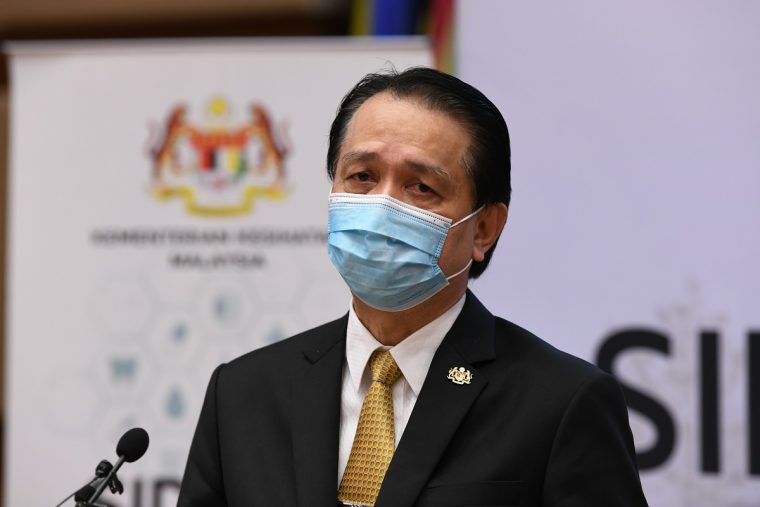
While many local medical professionals have been sympathetic to the contract doctors’ situation, some have been more concerned with… other issues.
The night before the strike, Health Ministry Director-General Noor Hisham Abdullah released a statement urging contract doctors not to participate.
“Remember, many lives are on the line and the demonstration could affect their lives and even your career,” he said, adding that “abandoning” their duty like this would go against the physicians oath to do no harm.
Aside from that, other individuals like Umno Deputy President Datuk Seri Mohamad Hasan have also attempted to discourage contract doctors from joining the strike.
“Our country is facing a health crisis, and I urge all of you to think it through thoroughly,” he said, adding that while the contract doctors had a right to speak out, it shouldn’t be done in the middle of an emergency.
To make matters worse, official groups such as the Malaysian Medical Council have refused to back the walk out. The council, which serves as Malaysia’s oversight body for doctors, has even gone so far as to say that those striking would risk losing their licenses!
The Ugly:
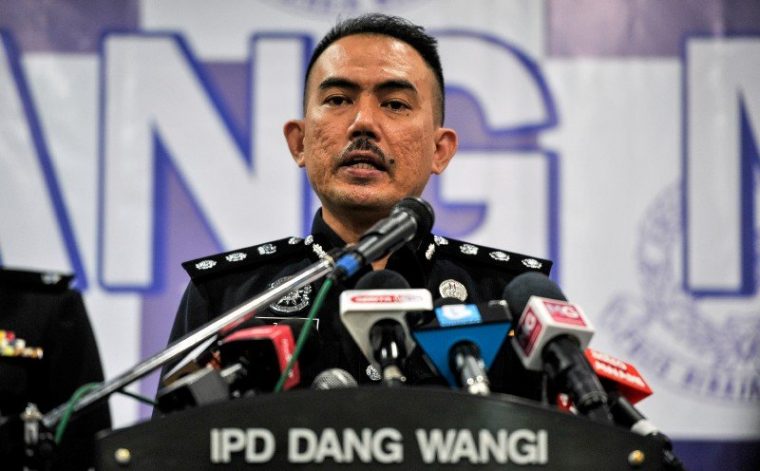
While the strikes have helped to draw attention to the contract doctor’s plight, it has also drawn the ire of the powers that be.
During the walk out, 50 junior medical officers at the Kuala Lumpur Hospital were confronted by police officers from Dang Wangi.
“Yes, we will open an investigation paper,” Dang Wangi Police Chief Mohamad Zainal Abdullah said. He added that due to MCO guidelines “no one is allowed to gather or take part in any assembly, at any place for any reason.”
Similar situations unfolded in other hospitals. At Sungai Buloh Hospital, a police patrol vehicle blasted its siren at doctors and media personnel gathered outside, ordering them to leave or risk getting fined. The doctors were confronted by plain-clothed officers saying things like “We are going to compound all of them.”
The walk out at the Malaysia Argo Exposition Park Serdang COVID-19 centre was cancelled after the police threatened to arrest any doctors who took part.
Arresting Doctors In The Middle Of A Pandemic
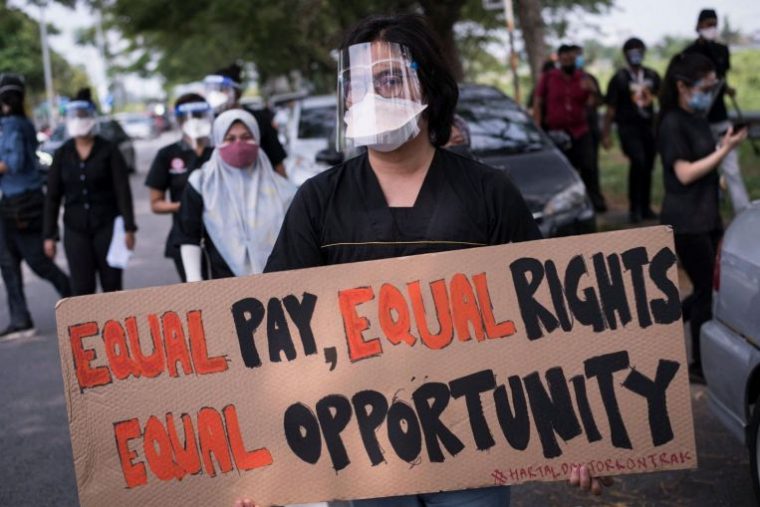
Thus far, our government’s responses — giving minor concessions, telling doctors to keep their heads down and threatening to take away their medical licenses or even making threats of arresting them — all share a similar problem. None of them actually face the root cause of this issue.
Imagine what would happen if they actually went through with these threats?
Let’s say you take away the medical licenses from everyone who joined the strike, what would happen next? Well, for one thing, they’d no longer be able to work in the hospital, meaning that there would be less doctors doing more work. Which would be bad enough during normal times, but we’re literally in the middle of a pandemic here!
It’d be the same thing if the police decided to start arresting or fining doctors in order to cow the others into submission. And in the long term, these kinds of punitive measures are only going to backfire.
To put it in perspective, imagine that you’re a normal office worker. You like your job, but over the past few years the hours have been getting longer and longer, while the pay has remained stagnant.
One day, you see a group of coworkers going up to your boss to ask for a raise. But instead of trying to negotiate a deal, he threatens to fire them and says that he’ll call the police if they ask for more money!
Even if you’re not directly involved, would you want to stay in a workplace like that?
Why We Should Be Supporting #justice4juniorDRS
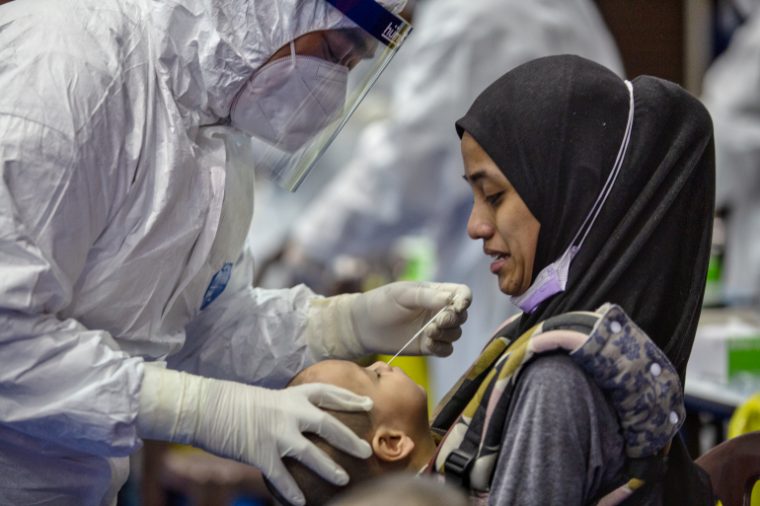
Over the past year, we have asked so much of our frontliners. Despite the difficulties, they have worked tirelessly to protect us in our time of need. Were it not for our medical professionals, the situation in Malaysia might be even worse than it is today.
Given everything that our doctors have sacrificed, shouldn’t we be willing to support them too?
If you’re interested in learning more about how this pandemic has changed our way of life, check out:
Have We Learned Anything From This Pandemic After Two Years?
